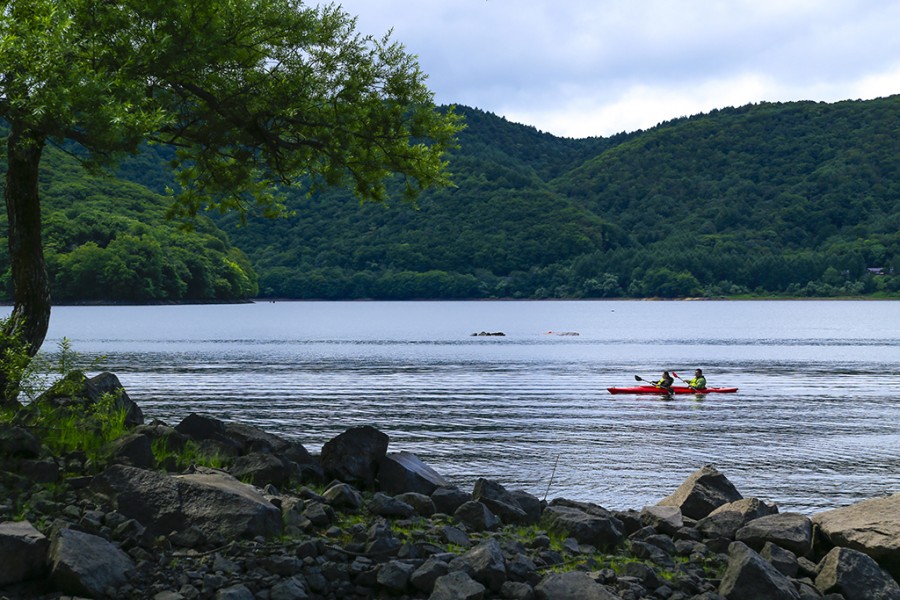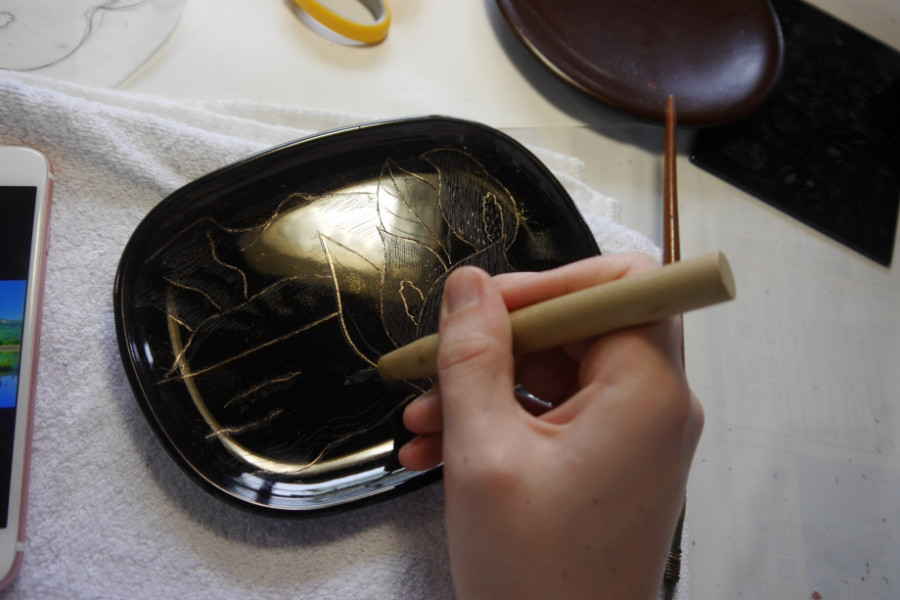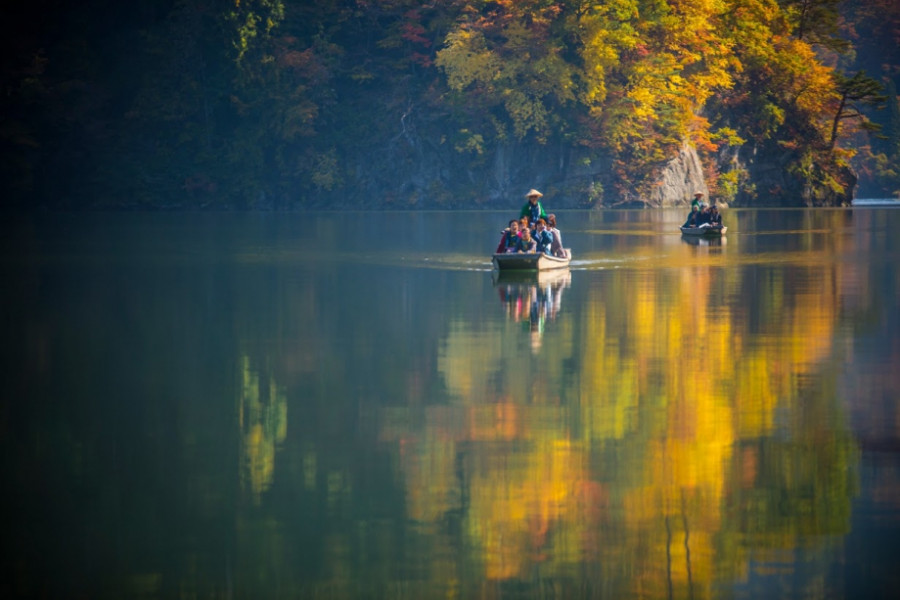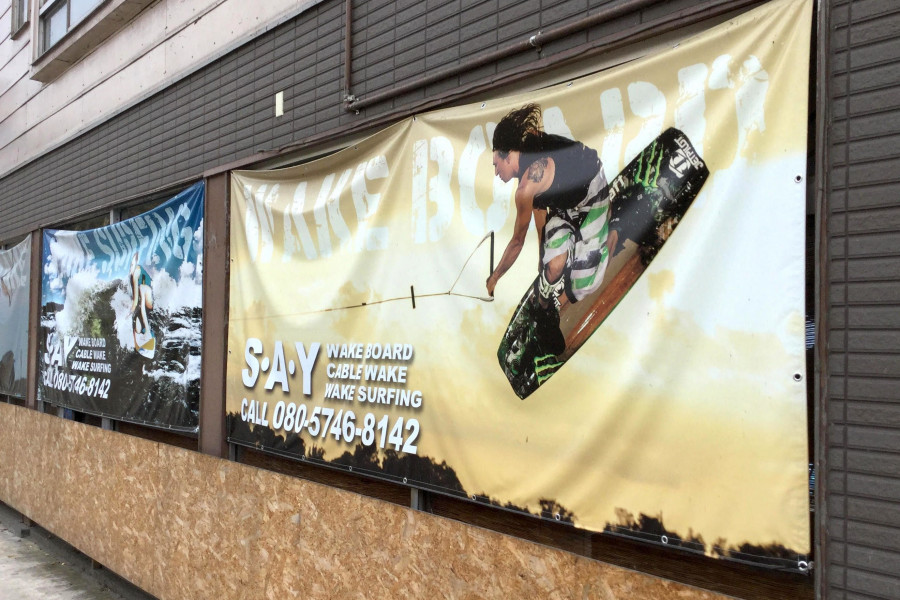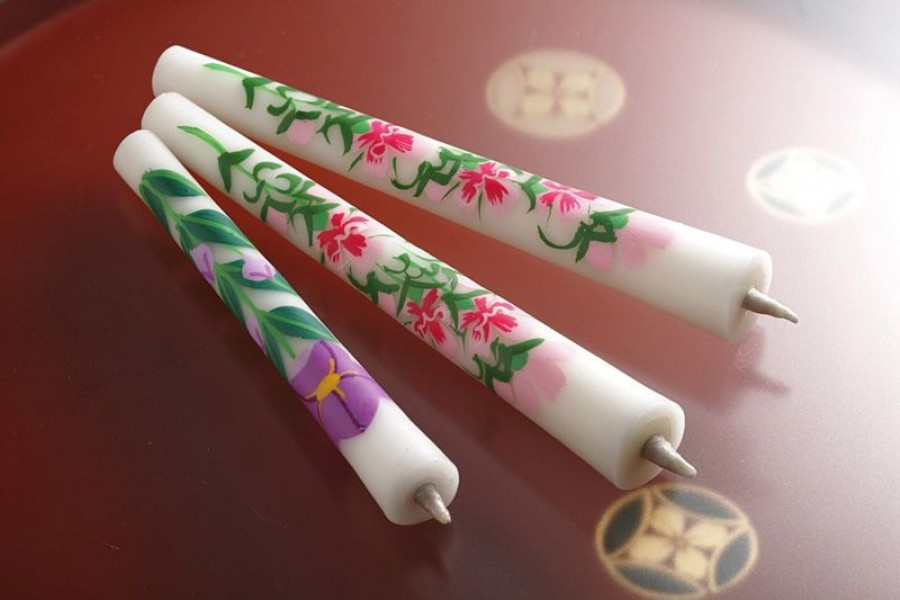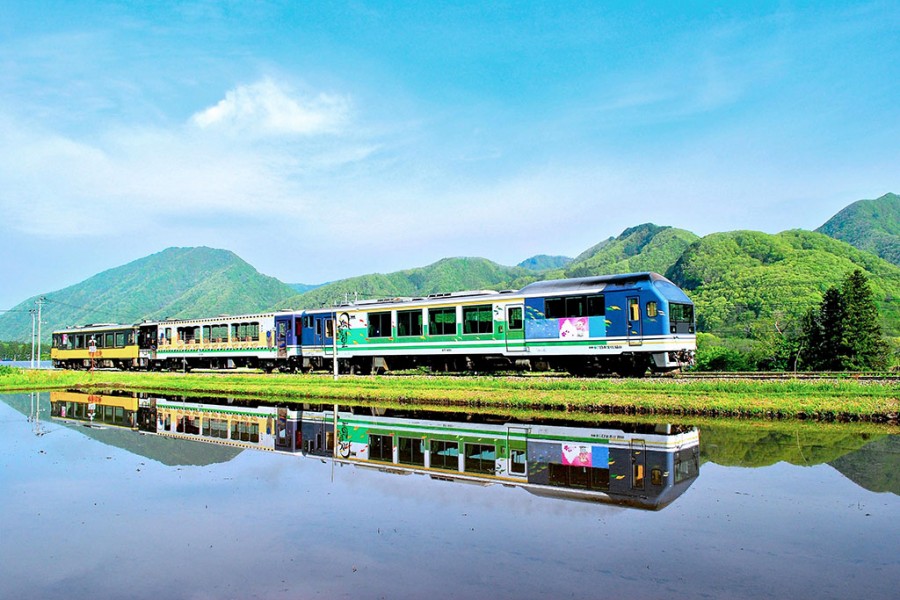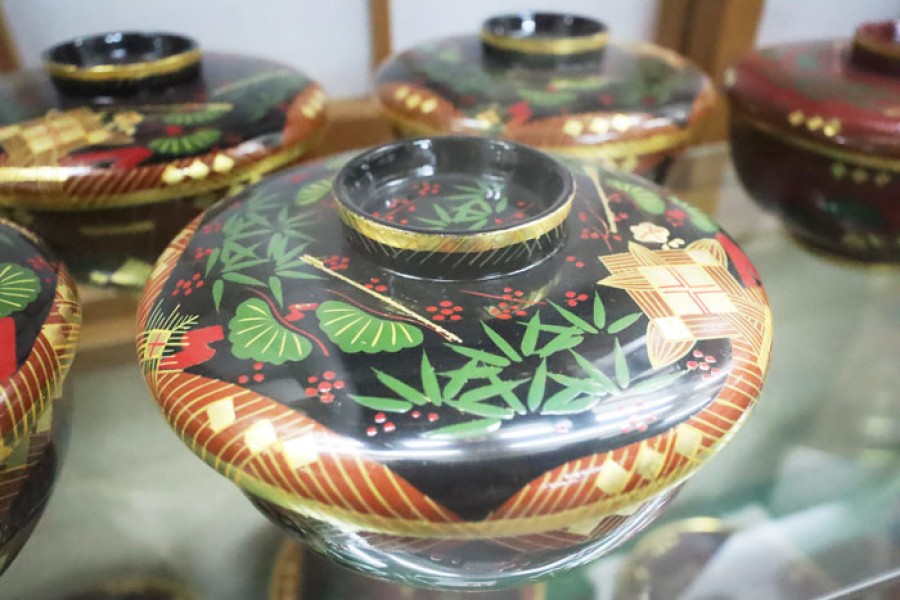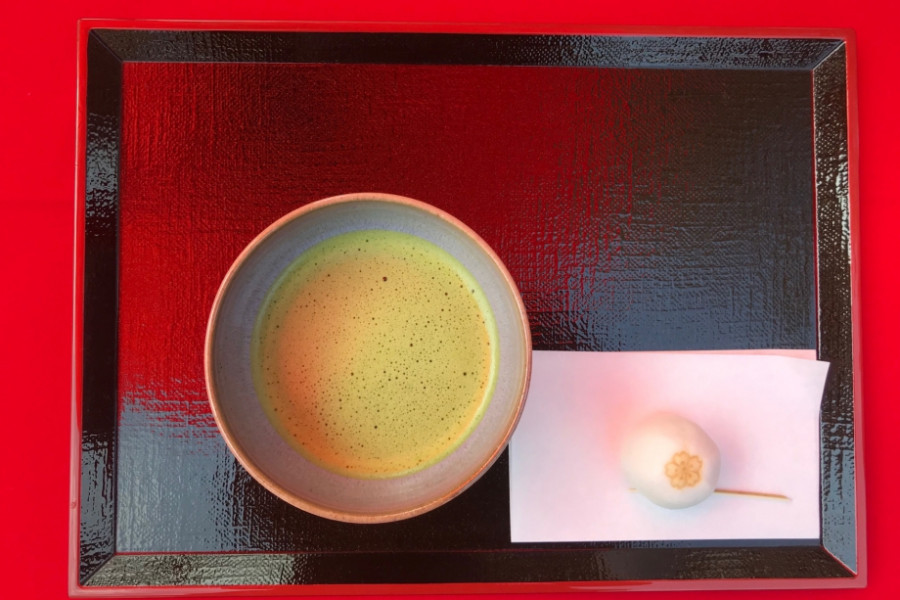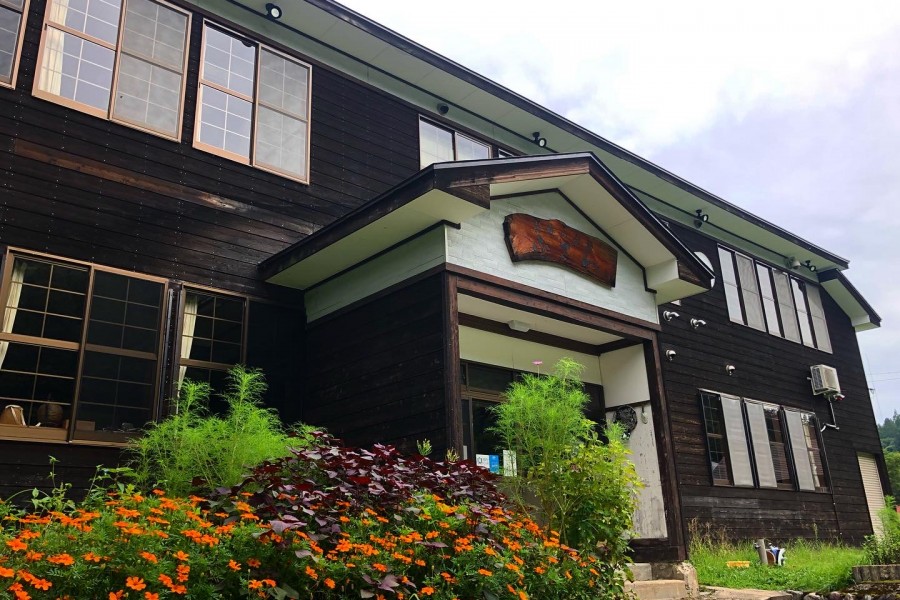Cultural Experiences
Mori no Bunko Fuzawa
Mori no Bunko Fuzawa is a mountain village life workshop facility where guests can experience the lifestyle, nature, and charms of living in a Japanese rural mountain village.
[photo id="wedA3wsHghGka5MbrORGYjRkj8BGAinlLCOG5O0L.jpg"]
This building was a working school up to 40 years ago, the black board in one classroom where all of the students wrote their goodbye messages on the last day of school has been preserved as is. (If you visit, please be sure to avoid touching, erasing, or writing on the black board.)
[photo id="fNNbYszCkKk3qvw1ozp5lY5yn8UDJPkrsrHf05Jf.jpg"]
All three classrooms are available to stay the night in! Guests are charged per person, not per room, so if your group are the only ones staying the night then you are free to spread out into all three of the rooms. This is the kind of lodging that Japanese students would stay in on overnight school trips, so there is a sense of nostalgia when staying here.
There are also many different activities that you can experience when staying here, such as local and traditional craft making and even river trekking with local guides!
Read more about river trekking experiences here.
[photo id="YrRrT5cHuDe3wK75RWrxgat8d8JPQP9P7bQgJwuY.jpg"]
